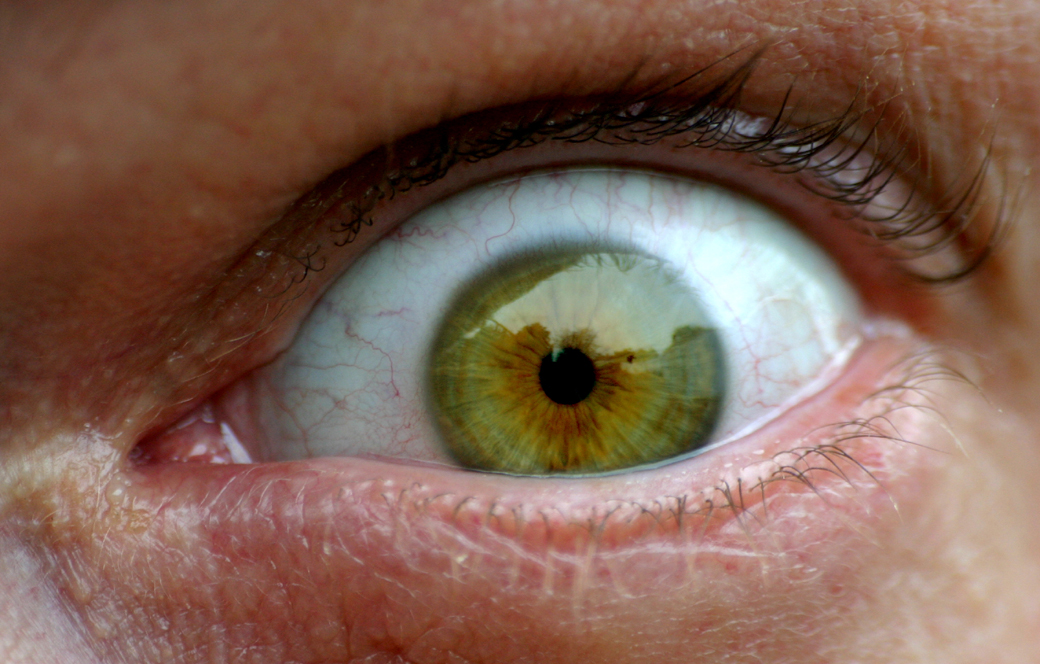
FRIDAY, Oct. 18 (HealthDay News) — College students in search of a good night’s sleep may want to put some distance between their pillow and their cell phone, new research suggests.
However, study author Karla Klein Murdock, a professor of psychology at Washington and Lee University in Lexington, Va., took pains to make clear that her work does not draw a direct cause-and-effect between more texting and worse sleep, only an apparent association.
But the research did reveal that whether or not a student was experiencing stress, greater texting frequency correlated with key indicators of sleep trouble. That, she noted, took the form of sleeping less, taking longer to fall asleep, spending less time actually sleeping while in bed, experiencing disturbances throughout the night and/or feeling tired during the day.
What’s more, among students for whom stress is an issue, frequent texting appears to make things worse, ultimately undermining their overall sense of emotional well-being and contributing to a higher risk for burnout.
“In other words, high levels of texting may exacerbate the negative psychological effects of stress,” Murdock said.
At the same time, “sleep problems,” she added, “may occur because students continue to use their cellphones at night, which pushes bedtime later and/or makes it difficult to fall asleep right away. Also, students may be awakened in the middle of the night when an incoming message makes their cellphone ring, buzz or light up.”
Murdock reported her findings in a recent issue of the journal Psychology of Popular Media.
Considerable prior research (including a 2007 survey by the American College Health Association) suggests that many college students are significantly sleep-deprived, Murdock noted.
To explore texting’s potential role in contributing to sleep disturbance and stress, Murdock focused on the texting habits of 83 first-year students (roughly two-thirds female) who were attending what she describes as a “rigorous, southeastern liberal college.”
Three-quarters were white, and all were between the ages of 18 and 21.
In addition to asking the students to report their average daily texting routine, all underwent a battery of tests to assess their stress levels; the degree to which they had experienced academic and/or social burnout; and their emotional well-being as reflected in how happy, satisfied and interested in life they had felt over the prior month.
As well, all underwent standard assessments for sleep quality and signs of sleep disturbances.
The result: Higher daily texting lined up with poorer sleep, perhaps because students felt compelled to respond to incoming texts, no matter the time of day, Murdock said.
In addition, heavier texting activity was also associated with increased difficulties in coping with stress for those already experiencing it. And although the study did not specifically set out to examine the reasons for this, Murdock suggested that the lack of nuance, context and key visual cues that typifies texting could account for the increased vulnerability to stress that the activity appears to prompt.
“[And] text messaging is unique in the nearly perpetual access to social contact that it provides,” she explained. “[So] during times of stress in social relationships, frequent texting may prevent a restorative or health-promoting pause in communication from occurring.”
However, Murdock advised against concluding that texting raises the risk for severe mental health issues among college students.
“We measured academic and social burnout and emotional well-being,” she noted. “None of these is really a psychological problem, like depression or anxiety. They are just different aspects of well-being. [So] I would say the bottom line is moderation in all things, including texting.”
Tara Marshall, a lecturer in the department of psychology at Brunel University’s School of Social Sciences in Uxbridge, England, also cautioned against reading too much into the study’s observations.
“Although these findings have potential implications for students’ well-being, namely that they should reduce their texting, especially when feeling already stressed, it’s important to note that the findings are correlational and do not show that texting causes reductions in well-being,” she said.
“There could be other factors not measured in this study that underlie both greater texting behavior and propensity for interpersonal stress, ” Marshall added, “such as higher neuroticism or lower self-esteem. These personality traits could be responsible for the link with burnout, sleep problems and compromised well-being, rather than texting per se. Until these personality traits are taken into account, and controlled experiments demonstrate that greater texting causes sleep problems, the results of this study need to be taken with a grain of salt. “
More information
For more on sleep deprivation, visit the U.S. National Heart, Lung, and Blood Institute.
Copyright © 2025 HealthDay. All rights reserved.

